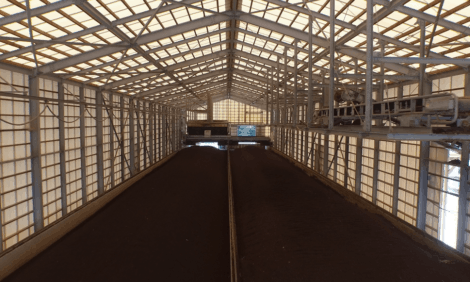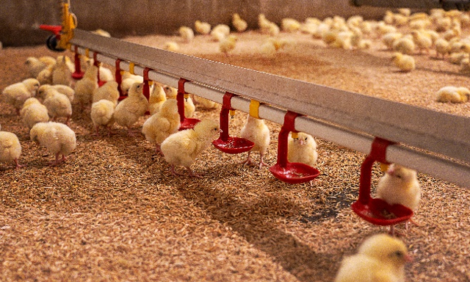



Study finds toxic lasalocid in eggs
By the Veterinary Residues Committee. The independent Veterinary Residues Committee has published their second annual report this week. The report summarises the results from samples of home produced animals and animal products, and imported products, which were collected throughout 2002. The report contains a description of the VRC's activities in its second year and their conclusions on the results from the samples.
 Professor Jim Bridges, chair of the VRC, said: "The results of surveillance for veterinary medicines residues in foods produced in the UK were broadly in line with those of last year. We can conclude that a high level of compliance with the safe use of such medicines continues to be achieved.
Professor Jim Bridges, chair of the VRC, said: "The results of surveillance for veterinary medicines residues in foods produced in the UK were broadly in line with those of last year. We can conclude that a high level of compliance with the safe use of such medicines continues to be achieved.
When last year’s report was published, the VRC indicated that it wished to monitor imported foods more closely. With the extra funds that Defra allocated this year the Committee was able to target particular foods where we expected to find residues. The results we report justify this approach and it has been continued in 2003.
The Committee welcomed the announcement by Defra in June 2002 that the use of malachite green in trout and salmon farming must stop. The Committee want to closely monitor the situation. The VRC will also continue to take an active involvement in reducing the incidence and concentrations of residues of certain feed additives, such as nicarbazin and lasalocid in some poultry products."
The annual report can be viewed on the VRC's website http://www.vet-residues-committee.gov.uk. It can also be obtained free of charge as detailed below. The full set of results of analyses undertaken can also be viewed on the VRC's or Veterinary Medicine Directorate's website.
Further information
To view the full report, in PDF format, please click here.
Source: Veterinary Residues Council - December 2003








